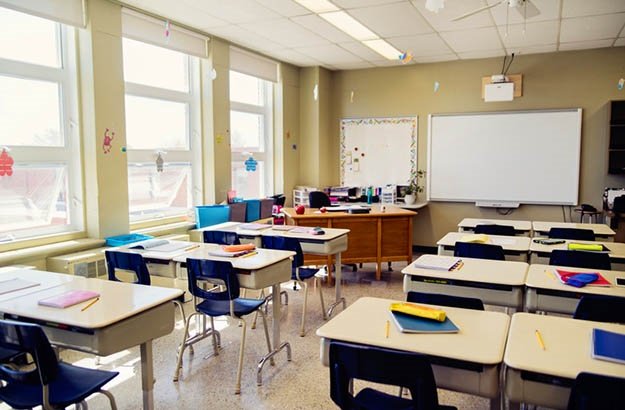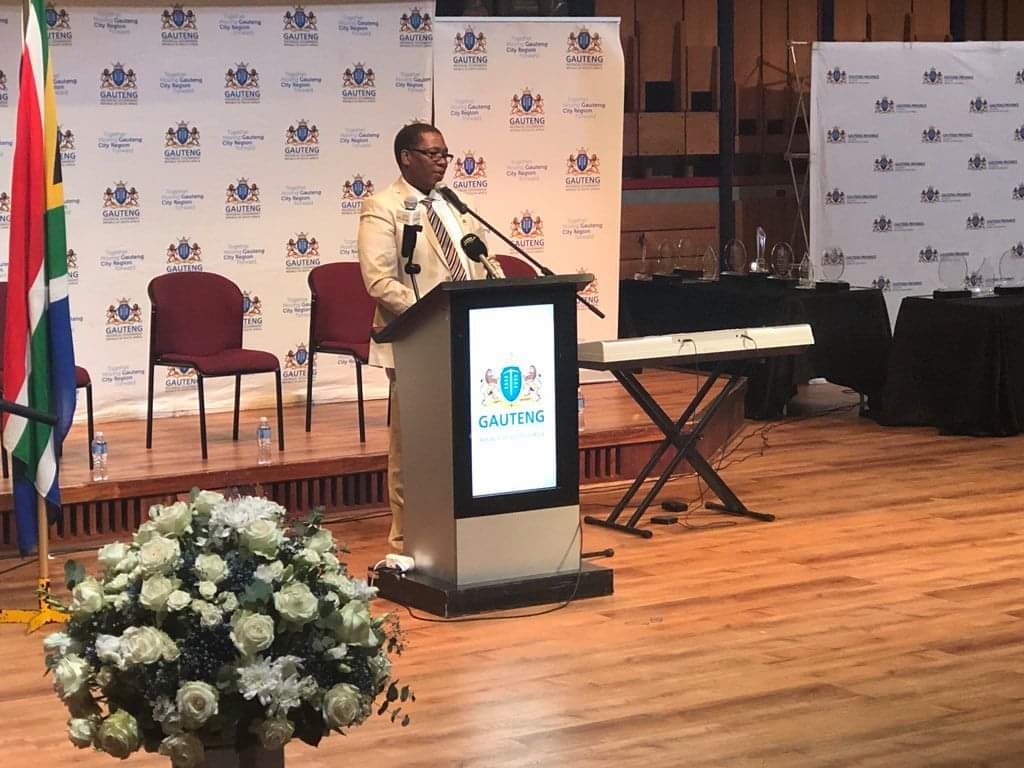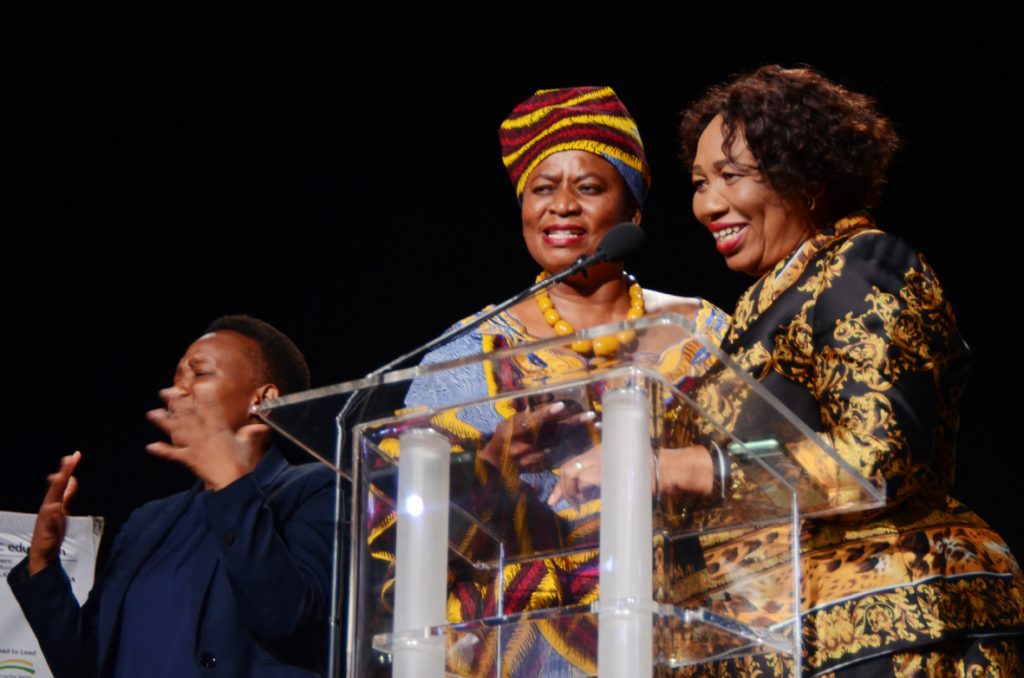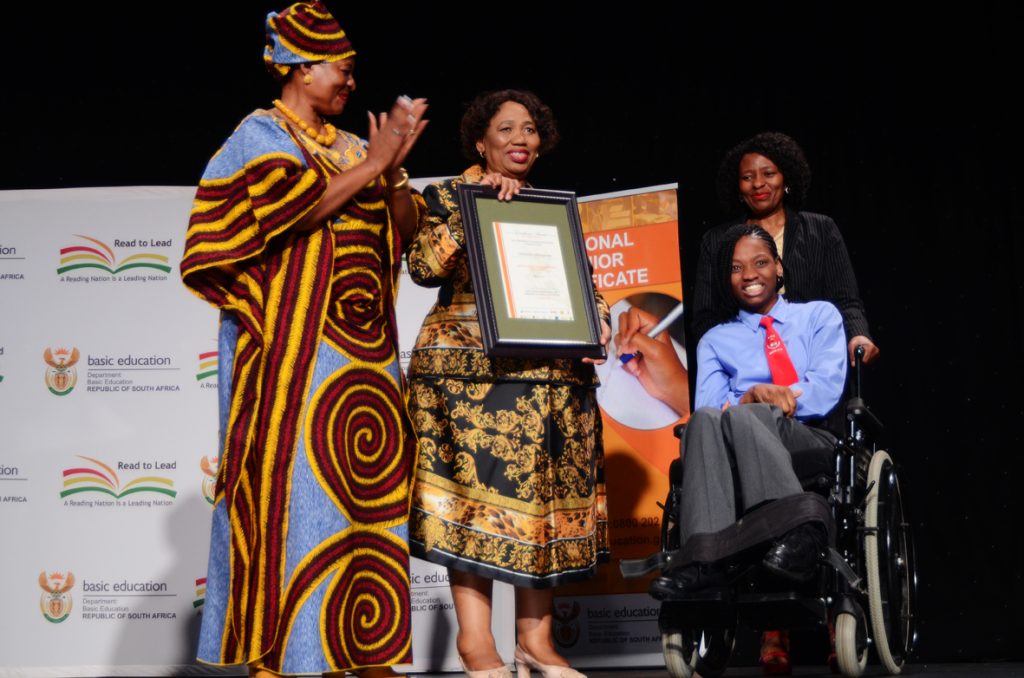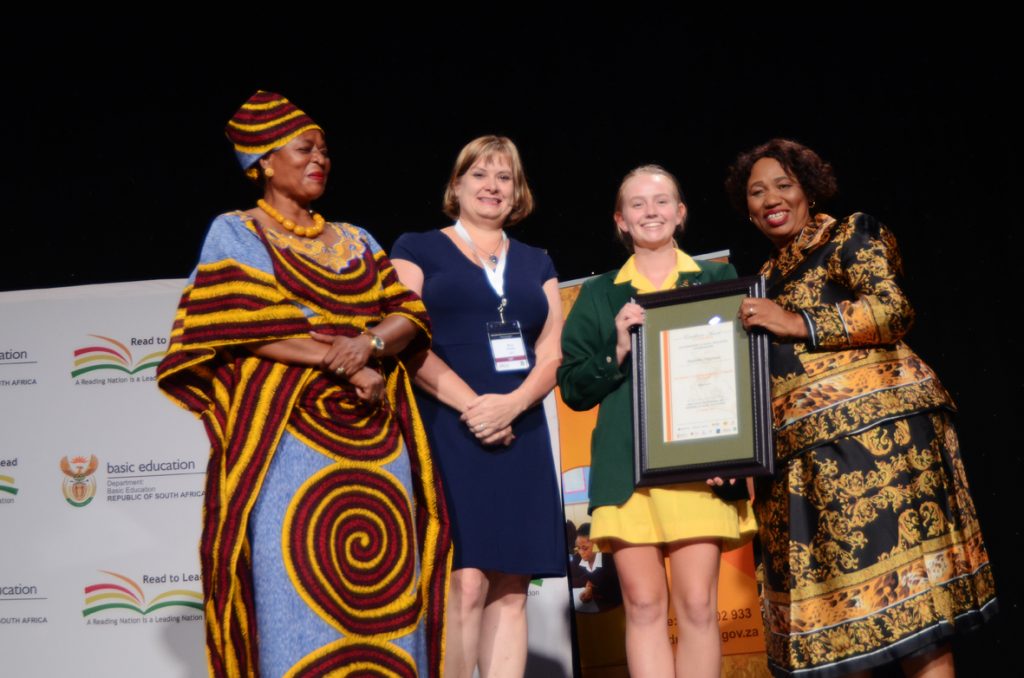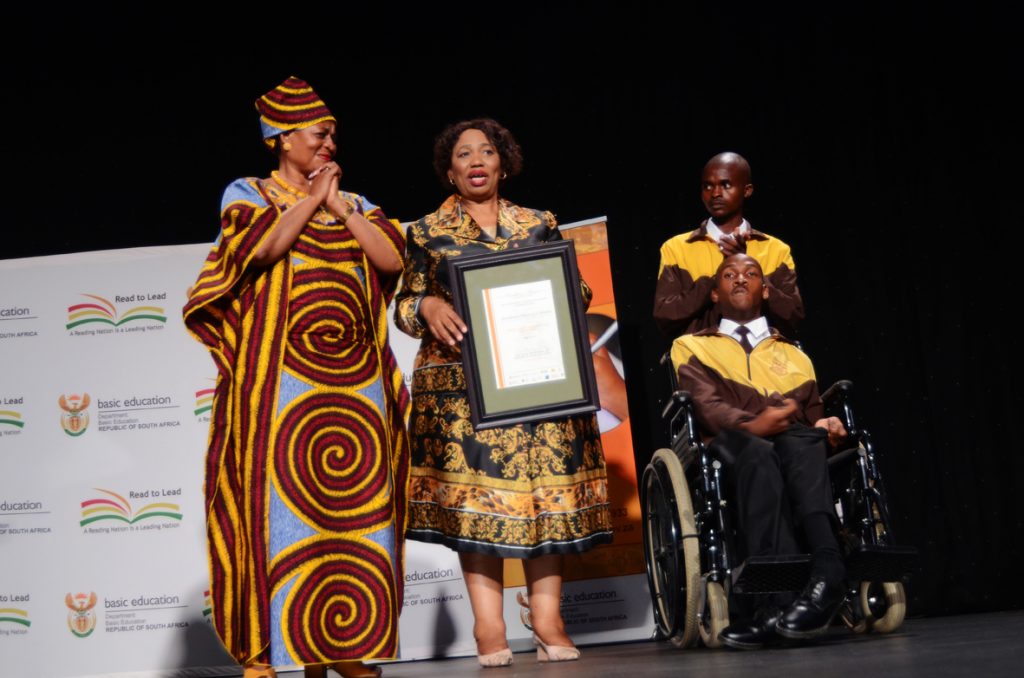For some there were tears, others were anxious, and for the rest, pure excitement, as hundreds of thousands of learners across South Africa sounded in the new school year.
For many, it signaled a step up from pre-school to the ‘big school’ and they braved their school’ halls for the first time Wednesday.
At times, it was hard to determine who was more emotional, the learners or the parents.
This is how one parent summed up the first day.
“I gave him a quick hug, told him that he will be fine and that we love him stacks. I then had to get out of there cause I could feel the tears coming. I cried driving home. I’m crying while I type this.
“Guys this first day of school thing is hard. For me. Luke is so completely fine. I’m a mess.”
Some parents were frantically completing admission forms, while others reassured their little ones as they take their first steps in their respective ‘long walks to freedom,’ to borrow the title from Nelson Mandela’s biography.
There was a carnival atmosphere in Noordgesig where parents and learners to charge of their new school, refurbished to the tune of R110 mln by the Gauteng Education Department (GDE).
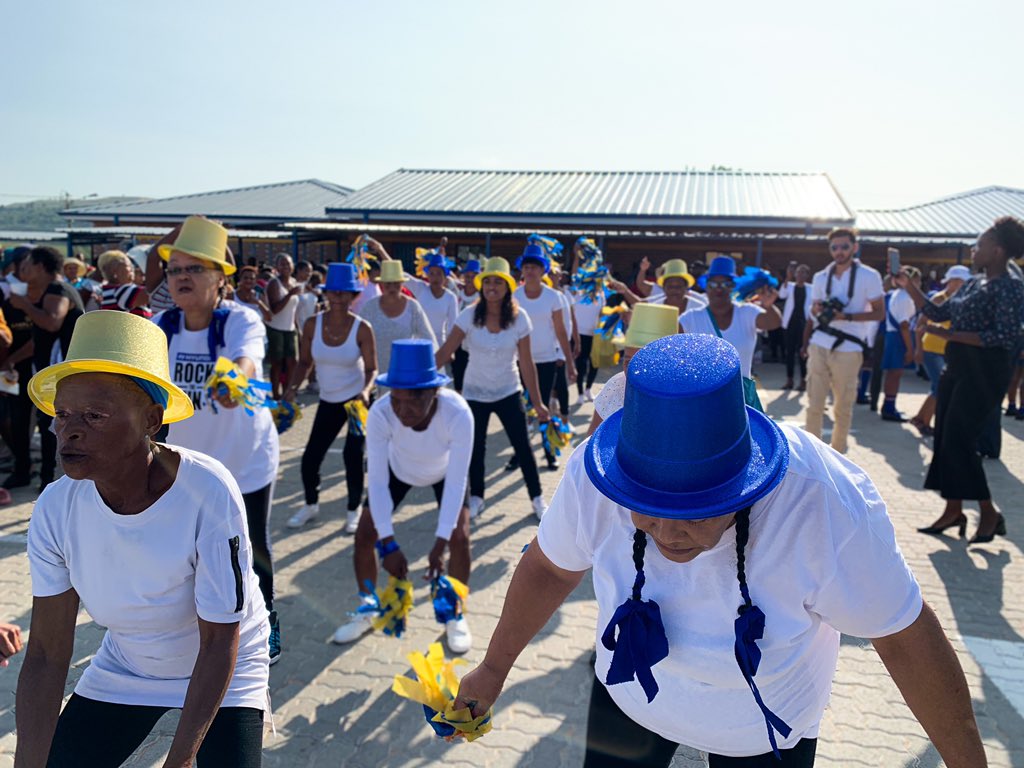
Gauteng Premier David Makhura, his Education MEC Panyaza Lesufi and Infrastructure and Development MEC Tasneem Motara were on hand to officially unveil the refurbished institution.
The school will service some 2,000 pupils from the community.
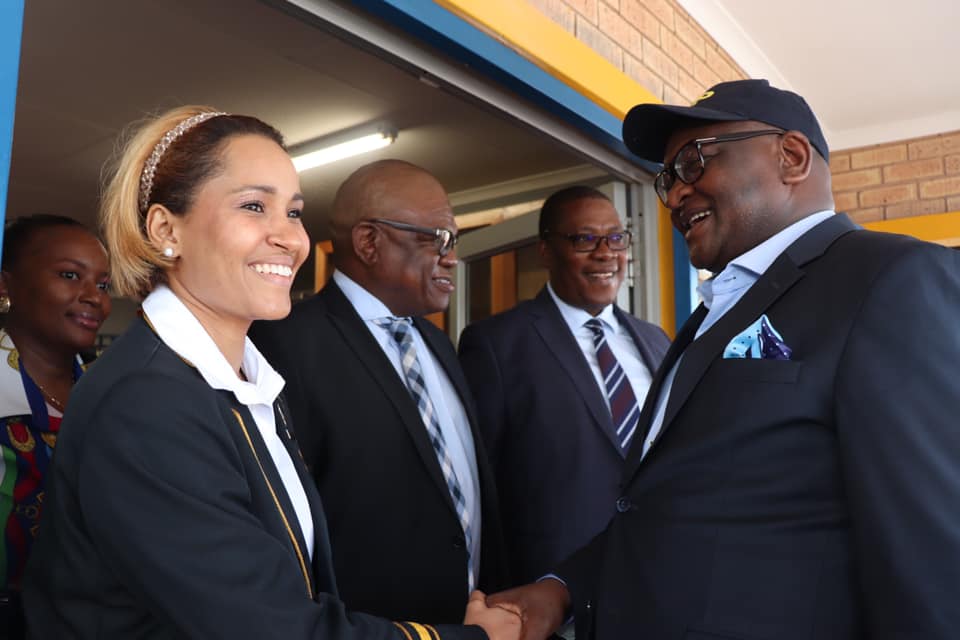
In the Vaal in Gauteng, the first day of school got off to tragic start at Khutlo-Tharo Secondary School in Sebokeng as a fire gutted the school’s administration block.
It’s not yet known how the fire started, and an investigation has been opened.
Premier Makhura dispatched his MEC cohort to various schools across the province to oversee the smooth running of the first day of school.
They assessed conditions in each of the schools to which they were deployed, as well as consulted with communities on education related matters.
As was the case in KwaZulu-Natal, where the Education Department said some 169 000 Grade 1s will start school in the province in 2020.
The city of Witbank in Mpumalanga had big hitters from national government dropping in to help usher in the new school year.
Minister in the Presidency Jackson Mthembu addressed educators the at Elukhanyisweni Secondary School, and Energy Minister Gwede Mantashe made a stop at the Bonginsimbi Comprehensive School.
In the Northern Cape CoGTA MEC Bentley Vass today walked the talk at the Vuyolwethu High School in the Sol Plaatjie Municipality, where he helped clean the school yard.

Northern Cape Premier, Zamani Saul, also officially opened the Steynville Primary School in Hopetown, saying the school, with its modern IT infrastructure, has brought opportunities for local jobs and local businesses in the area.
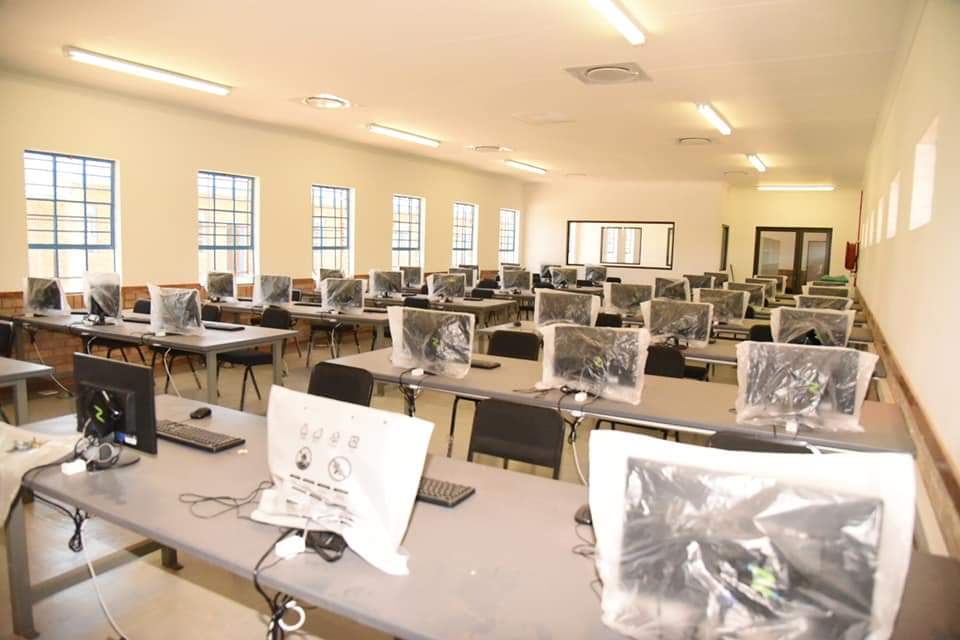
“We are placing learners by the hour,” said the Western Cape Education Department ahead of school opening rush.
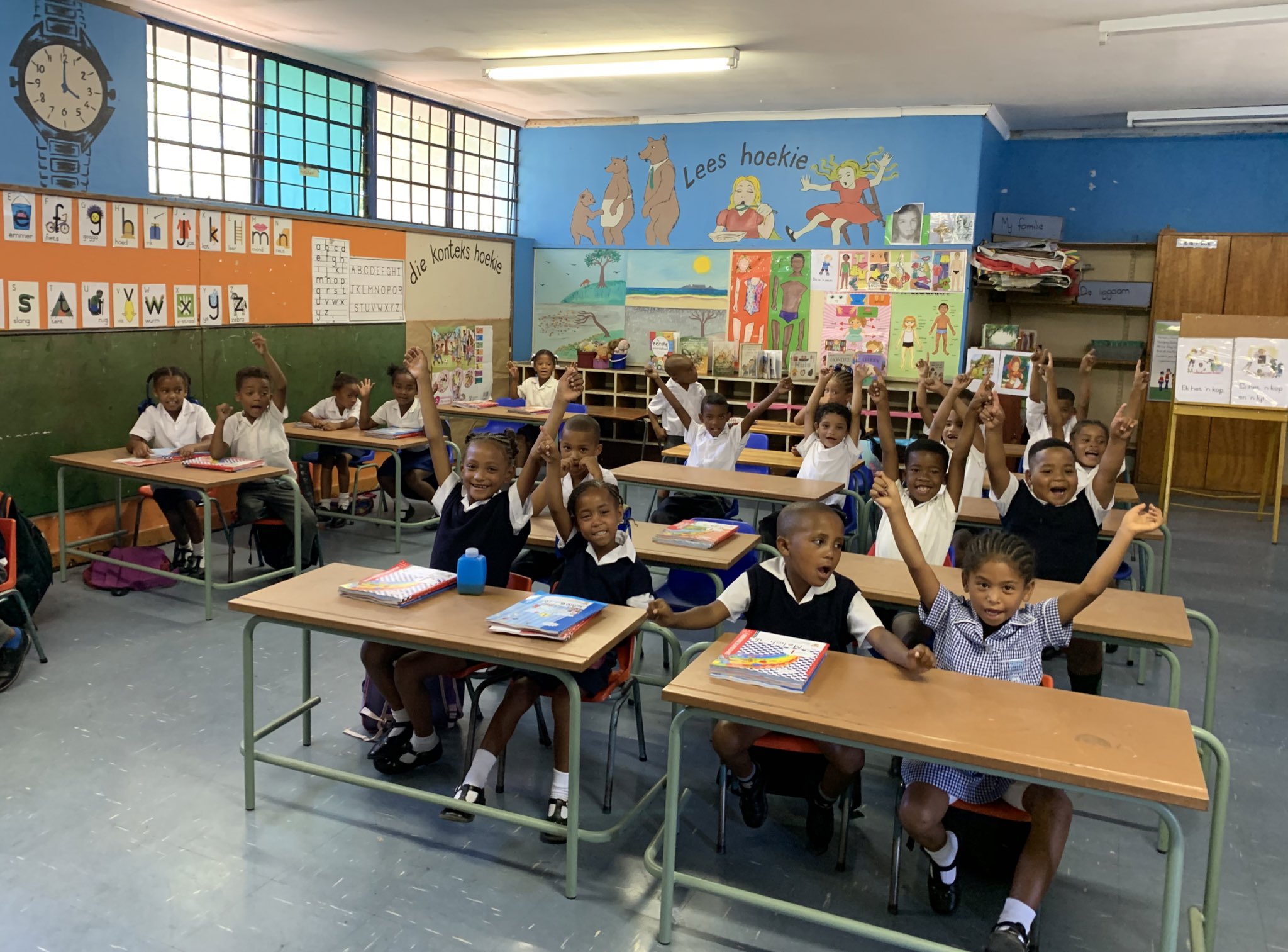
Ahead of the new school year, the Premier of the Eastern Cape, Oscar Lubabalo Mabuyane, led his Provincial Executive on a province wide ‘Back-to-School’ drive in a call to young people to return to the classroom.














